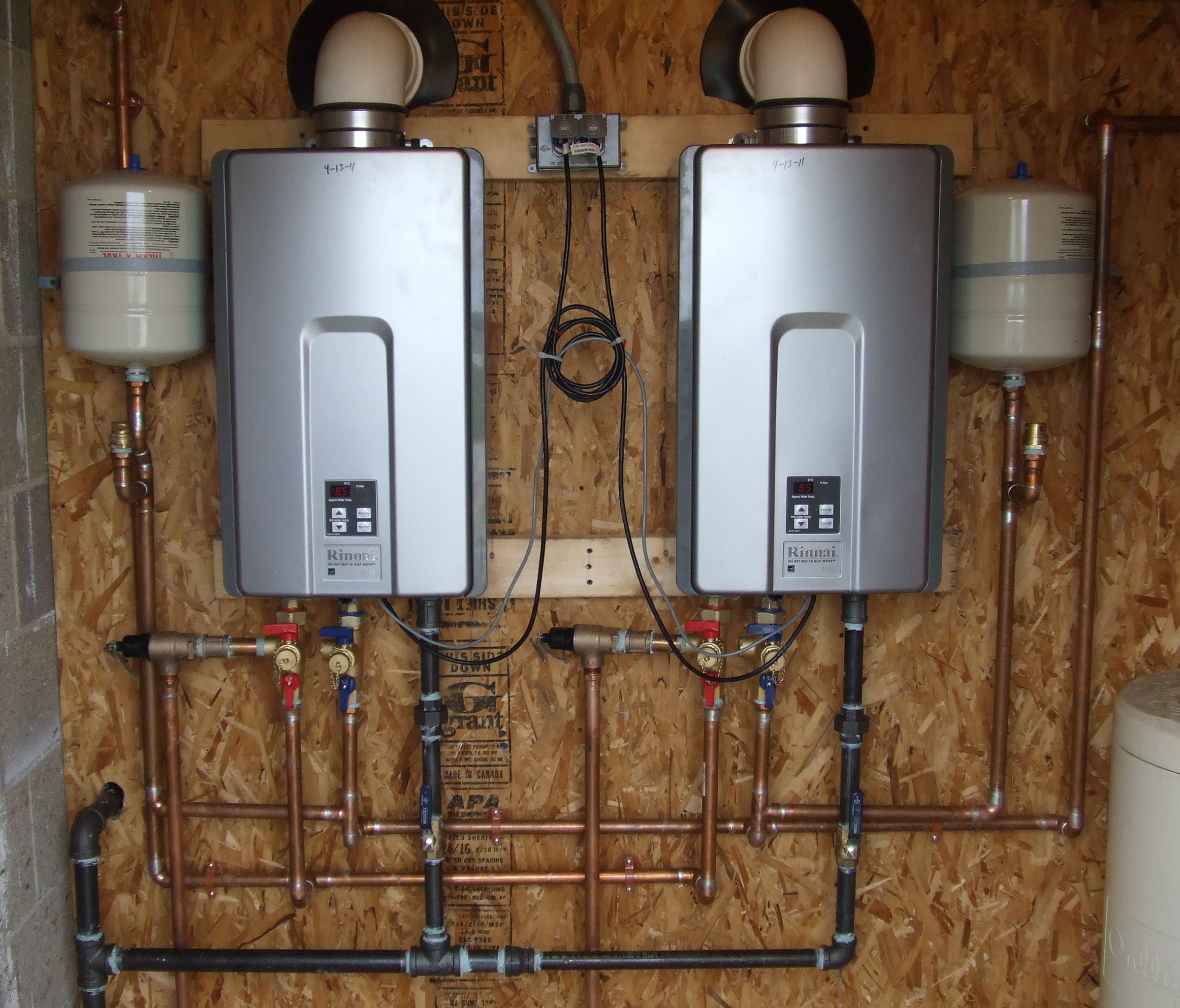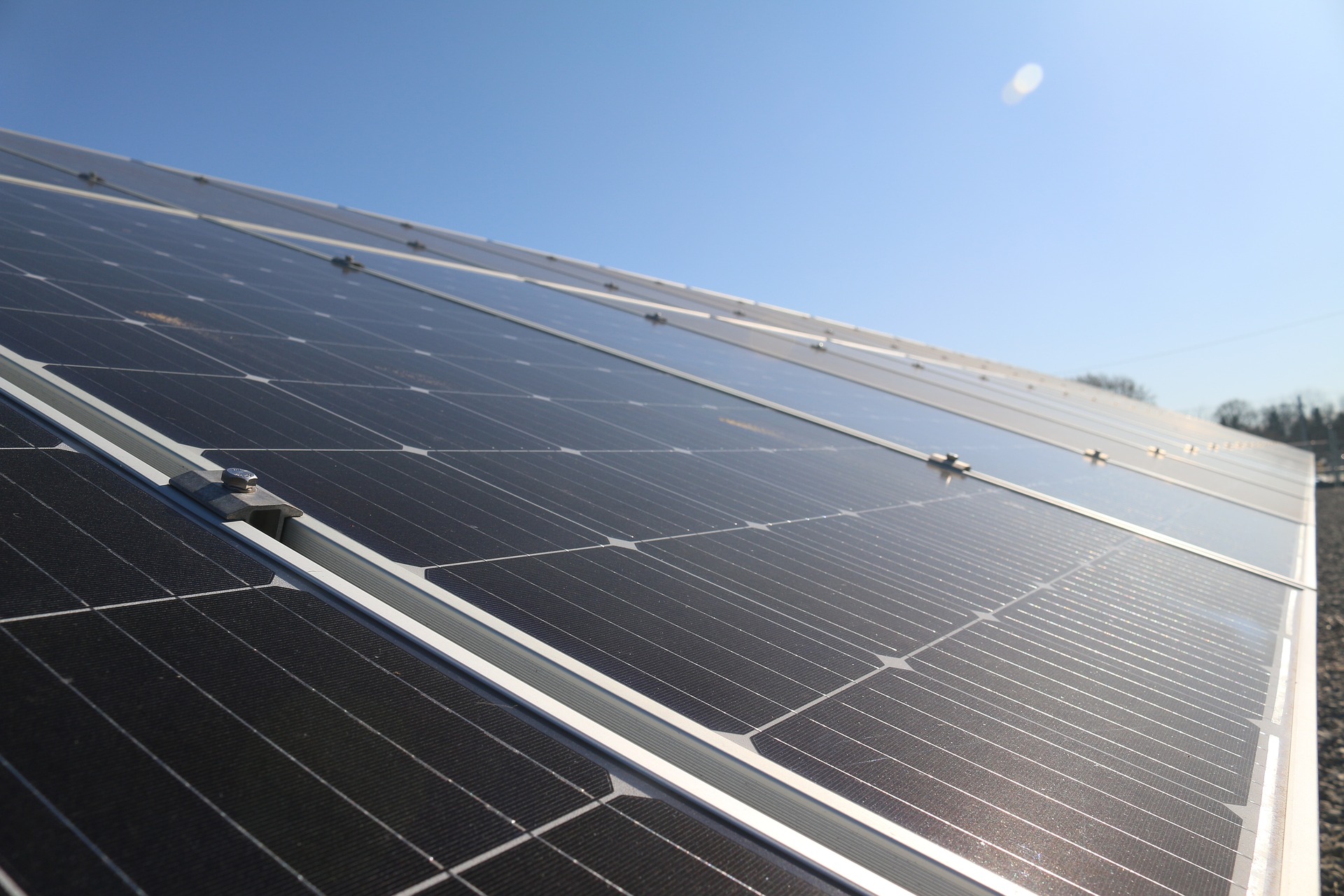Here’s What Boiler Installation Should Cost You
Understanding the financial commitment involved in boiler installation is crucial for homeowners planning this significant home improvement. Whether you're replacing an aging system or installing a boiler for the first time, knowing what costs to expect helps you budget appropriately and recognize fair market prices. This guide breaks down the typical expenses associated with boiler installation in New Zealand, including different system types, installation considerations, and potential long-term savings.

Understanding Boiler Installation Cost Fundamentals
Boiler installation costs vary considerably depending on several key factors. The type of boiler you choose significantly impacts the overall expense, with standard efficiency models generally costing less upfront than high-efficiency condensing boilers. The size of your home also matters—larger properties require more powerful systems that come with higher price tags. Additionally, your existing heating infrastructure plays a role; converting from a different heating system to a boiler-based one typically costs more than a straightforward replacement of an existing boiler.
In New Zealand, basic boiler installations typically range from NZ$5,000 to NZ$15,000, though complex installations can exceed NZ$20,000. This price range includes both the equipment and standard installation labor. However, additional costs may arise if your installation requires electrical upgrades, venting modifications, or extensive pipework changes.
New Boiler Cost Including Installation: What to Expect
When budgeting for a new boiler system, it’s important to consider both equipment and labor costs together. On average, standard gas boilers range from NZ$3,000 to NZ$8,000 for the unit alone, while premium models with advanced features can cost NZ$8,000 to NZ$13,000. Installation labor typically adds NZ$1,500 to NZ$3,500 to these figures, depending on complexity.
The boiler’s efficiency rating also influences cost. Higher efficiency models cost more upfront but deliver long-term savings through reduced energy consumption. For instance, a standard efficiency boiler (80-84% efficient) might cost NZ$3,000-6,000, while a high-efficiency condensing boiler (90-98% efficient) might range from NZ$6,000-12,000 before installation.
System size, measured in kilowatts (kW), is another cost determinant. A small apartment might need only a 15-24kW boiler, while larger homes might require 30-40kW systems. Each step up in capacity typically adds NZ$1,000-1,500 to the price tag.
Considering Whether to Replace Boiler with Tankless Water Heater
Many homeowners contemplate switching from traditional boilers to tankless water heaters, which heat water on demand rather than storing it. This alternative offers several advantages, including space savings, potentially lower energy costs, and longer lifespans—typically 15-20 years compared to 10-15 years for conventional boilers.
From a cost perspective, tankless water heaters generally range from NZ$2,000 to NZ$5,000 for the unit, with installation adding NZ$1,000 to NZ$3,000 depending on the complexity of the retrofit. While the upfront cost may be similar to or slightly lower than traditional boilers, the real advantage comes in operating efficiency. Tankless systems typically use 20-30% less energy since they don’t maintain a constantly heated water tank.
The decision between a boiler and tankless system should consider your household’s hot water demands. Tankless systems excel in homes with moderate hot water needs but may struggle to supply multiple simultaneous users in larger households. Additionally, retrofitting from a boiler to a tankless system might require electrical upgrades or gas line modifications, potentially adding to the installation cost.
Factors That Influence Your Boiler Installation Budget
Several variables can significantly impact your final installation bill. Location within New Zealand affects pricing, with urban areas typically commanding higher labor rates than rural regions. The accessibility of your installation site matters too—difficult-to-reach spaces or installations requiring structural modifications will increase labor costs.
The heating requirements of your specific home also influence costs. Factors such as insulation quality, home size, climate zone, and desired indoor temperature all affect the appropriate boiler size and system design. Oversized systems waste energy and money, while undersized ones struggle to provide adequate heating.
Permit and inspection fees represent another cost consideration, typically ranging from NZ$150 to NZ$500 depending on your local council requirements. These regulatory expenses ensure your installation meets safety standards but should be factored into your budget planning.
Comparing Boiler Types and Their Installation Costs
When selecting a boiler system, understanding the different options available and their associated costs helps make an informed decision that balances initial investment with long-term value.
| Boiler Type | Average Unit Cost (NZD) | Typical Installation Cost (NZD) | Total Cost Range (NZD) | Efficiency Rating |
|---|---|---|---|---|
| Conventional Gas Boiler | 3,000-8,000 | 1,500-3,000 | 4,500-11,000 | 80-88% |
| Condensing Gas Boiler | 6,000-12,000 | 2,000-3,500 | 8,000-15,500 | 90-98% |
| Oil-Fired Boiler | 4,500-10,000 | 2,500-4,000 | 7,000-14,000 | 80-90% |
| Electric Boiler | 2,500-6,000 | 1,000-2,500 | 3,500-8,500 | 99-100% |
| Tankless Water Heater | 2,000-5,000 | 1,000-3,000 | 3,000-8,000 | 95-99% |
| Combi Boiler System | 4,000-9,000 | 2,000-3,500 | 6,000-12,500 | 85-95% |
Prices, rates, or cost estimates mentioned in this article are based on the latest available information but may change over time. Independent research is advised before making financial decisions.
Additional Costs and Long-Term Considerations
Beyond the initial installation, several other financial aspects deserve attention. Annual maintenance, which is essential for system longevity and warranty preservation, typically costs NZ$150-300 per service visit. Most manufacturers recommend yearly professional servicing.
Energy efficiency impacts ongoing operational costs significantly. High-efficiency condensing boilers may cost 20-30% more upfront but can reduce monthly energy bills by 15-30% compared to standard models. This efficiency premium typically pays for itself within 5-8 years through lower utility bills.
Warranty coverage varies considerably between manufacturers and models. Standard warranties typically cover parts for 2-5 years, while premium systems might offer 7-10 year guarantees. Extended warranty options are available but add to your initial investment. However, they can provide valuable protection against unexpected repair costs, which can range from NZ$300 for minor fixes to NZ$3,000 or more for major component replacements.
Finally, consider the potential value a new, efficient boiler adds to your property. Modern heating systems can increase home value and appeal to energy-conscious buyers should you decide to sell your property in the future.
Understanding these various cost factors helps ensure you make an informed decision when investing in a new boiler system, balancing upfront expenses against long-term efficiency and reliability benefits.




